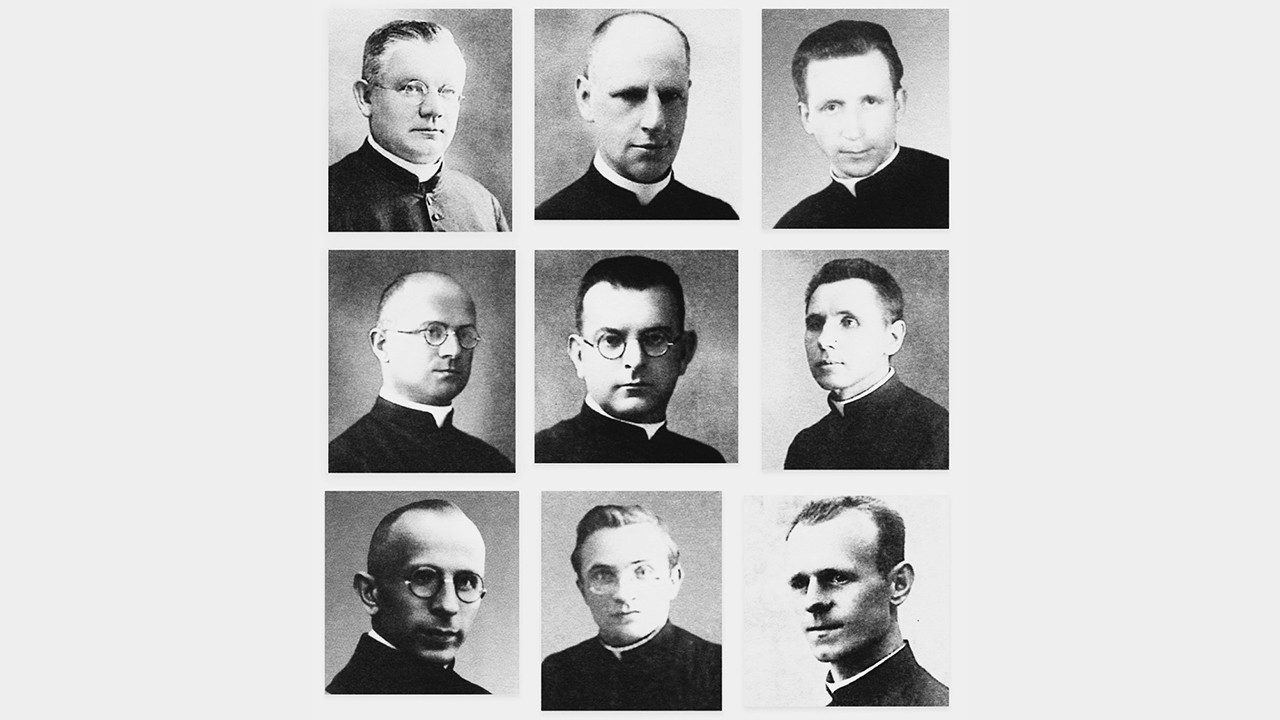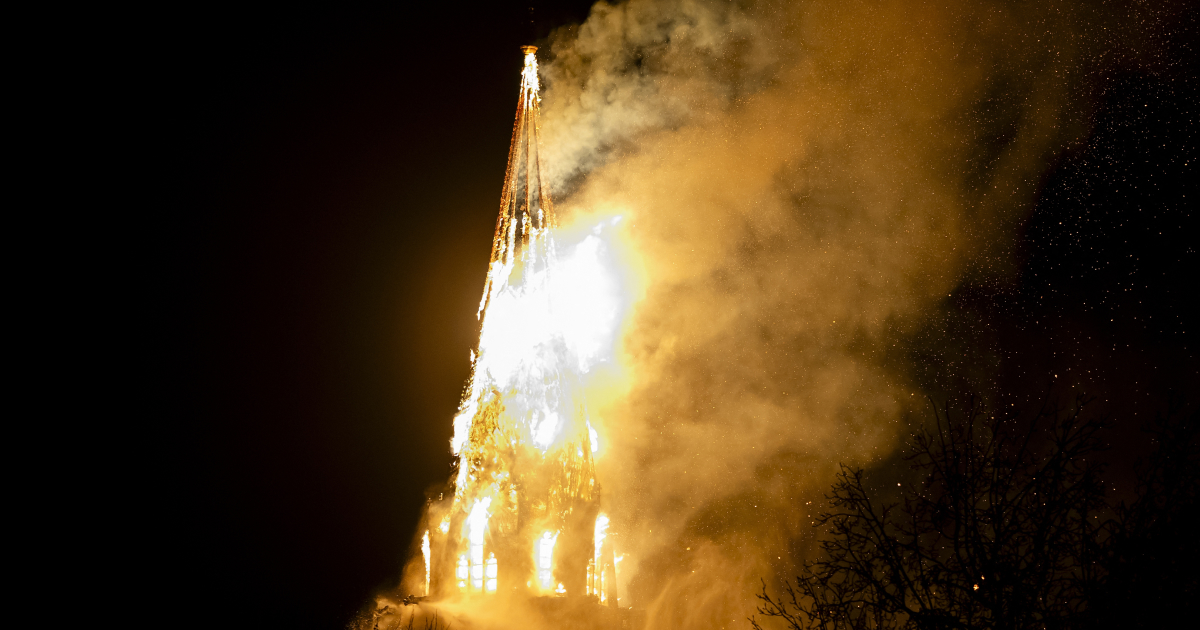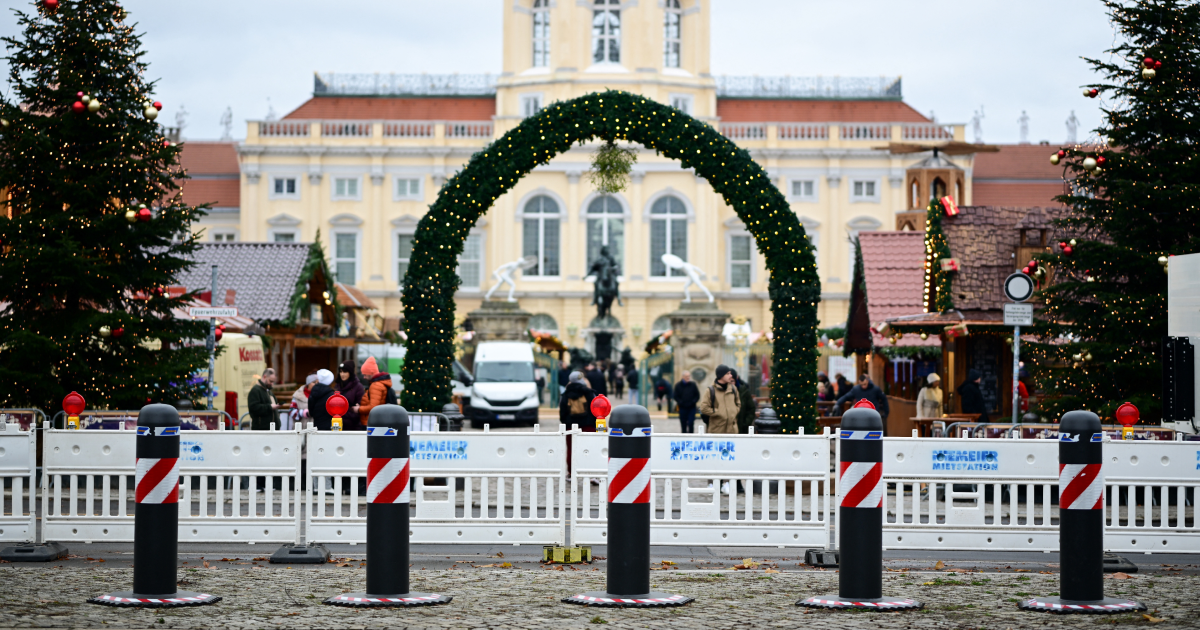Pope Leo XIV has approved the beatification of eleven priests killed in Europe by the Nazi and communist regimens, recognising them as martyrs of the faith.
The announcement, made on the 24 October by the Dicastery for the Causes of Saints, brings the group a step closer to sainthood and highlights some of the most harrowing episodes of clerical suffering in the 20th century.
Nine of the new Blesseds are Polish Salesian priests – Jan Świerc, Ignacy Antonowicz, Ignacy Dobiasz, Karol Golda, Franciszek Harazim, Ludwik Mroczek, Włodzimierz Szembek, Kazimierz Wojciechowski and Franciszek Miśka – who were persecuted “out of hatred for the faith” in Nazi concentration camps at Auschwitz and Dachau between 1941 and 1942.
In the camps, the Salesians were mocked, tortured and deprived of basic sustenance, yet they continued to offer spiritual comfort to fellow prisoners.
They succumbed to disease, starvation or execution, their deaths now formally recognised by the Church as acts of martyrdom.
The Nazi regime viewed the Catholic clergy as a moral obstacle to its totalitarian ambitions, and Poland’s priests, deeply rooted in local parishes and schools, were among the first to be rounded up following the German invasion of 1939.
The Holy Father also approved the beatification of two diocesan priests from the former Czechoslovakia, Jan Bula and Václav Drbola, both killed in Jihlava in the early 1950s by the communist authorities.
Fr Bula was falsely accused of inspiring a 1951 attack in which several communist officials were killed. He was sentenced to death and hanged in May 1952. Fr Drbola, accused of involvement in the same incident despite being imprisoned at the time, was also executed.
Both men were tortured into signing confessions and condemned in show trials designed to intimidate the Catholic population. Their letters and final confessions, written before execution, bear witness to their faith and acceptance of martyrdom.
The same decree from Pope Leo also recognised the heroic virtues of four new Venerables: María Evangelista Quintero Malfaz, a 17th-century Spanish Cistercian nun; Angelo Angioni, a Sardinian diocesan priest and missionary founder; José Merino Andrés, a Spanish Dominican noted for his preaching and formation of young friars; and Gioacchino of the Queen of Peace, an Italian Carmelite friar.
The path to sainthood in the Catholic Church proceeds from recognition as “Venerable” to “Blessed”, and finally to canonisation as a saint. Martyrs may be beatified without a confirmed miracle, though one further miracle is required for canonisation.
The latest decision places the new Blesseds among a long line of priests and religious who gave their lives for the faith under totalitarian regimes.
In the concentration camps of Nazi-occupied Europe and in the prisons of communist Eastern Bloc states, countless clergy were executed for their fidelity to Christ and their refusal to compromise with political ideology.
Photo: The nine Salesians martyred at Auschwitz and Dachau, 1941-1942 (image courtesy Vatican News)










.jpg)
.jpg)
.jpg)
.jpg)



